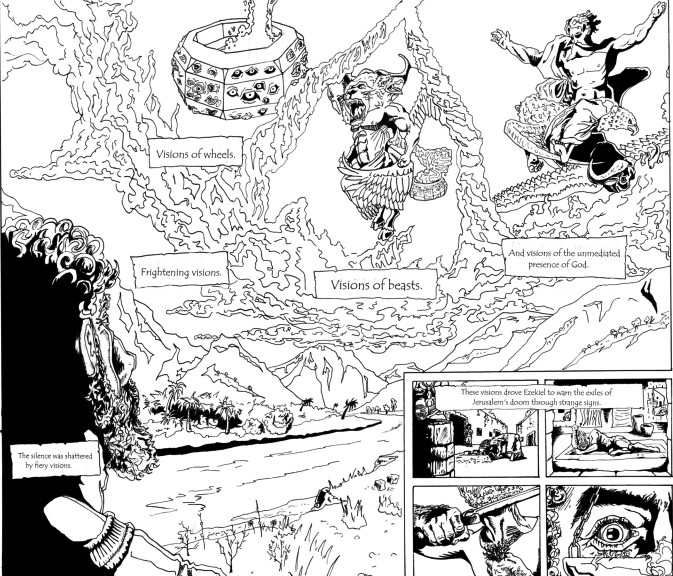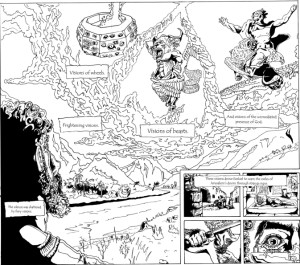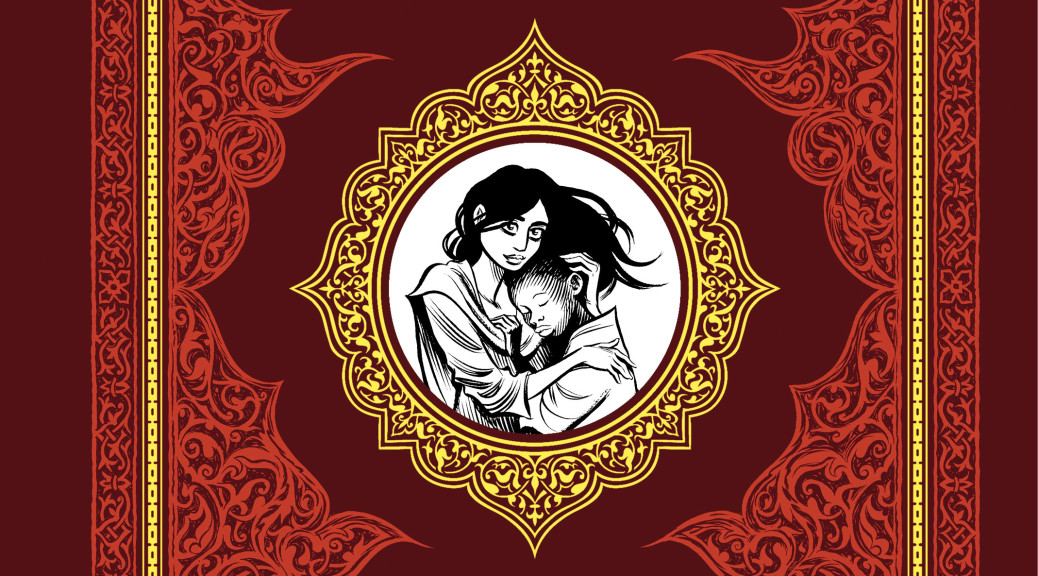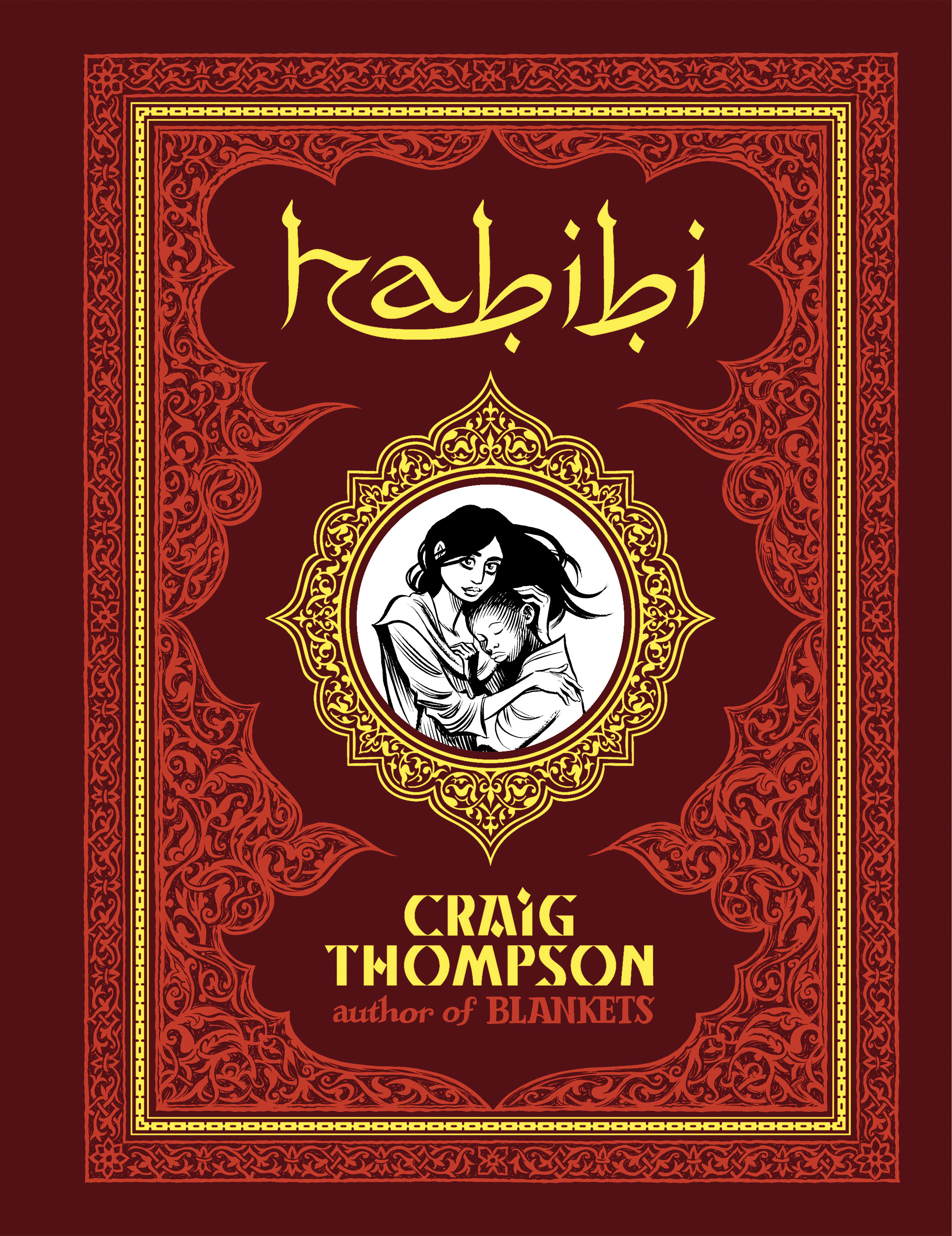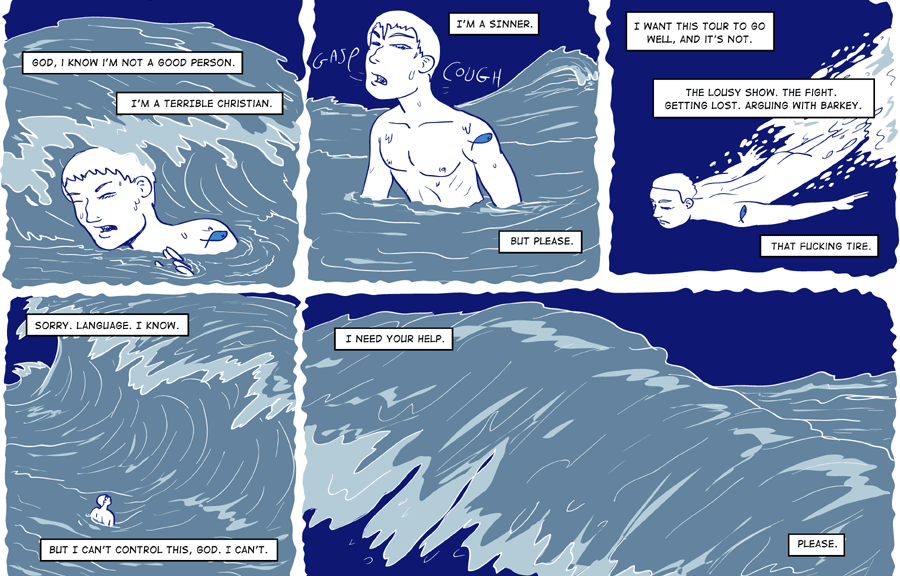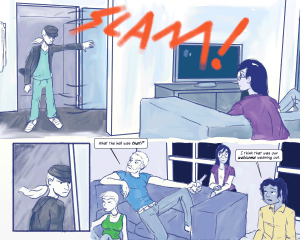(The following article by Fredrik Strömberg was originally posted on the Mizan Project website. It is copied here with permission.)
Superheroes from the Middle East: Adaptation of the Genre?
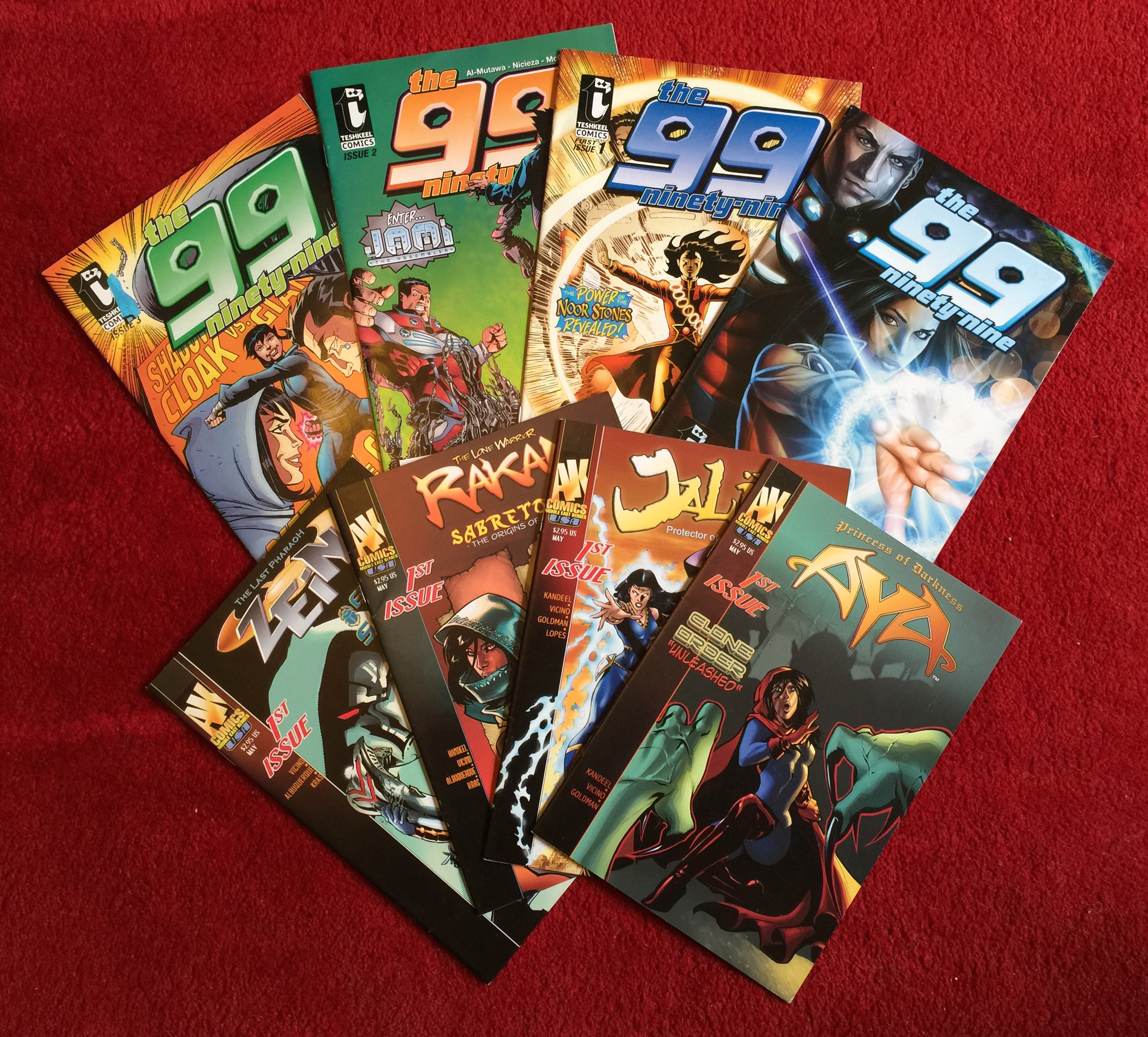
This is the third essay published here on Mizan Pop in our Muslim Superheroes series. The first and second installments in the series can be read here and here.
America has been exporting superhero comics for more than seven decades; nevertheless, there have been few commercially successful comics created in that genre in the rest of the world. Given that there have been several violent conflicts between the United States and Arab or Muslim-majority nations over the last few decades, it is intriguing that attempts at establishing a line of original superhero comics were made in the Middle East in the first decade of the twenty-first century by two different publishing houses: AK Comics in Egypt and Teshkeel Media Group in Kuwait.
Continue reading Didactic or Dynamic? Superheroes from the Middle East
 Last week,
Last week, 
